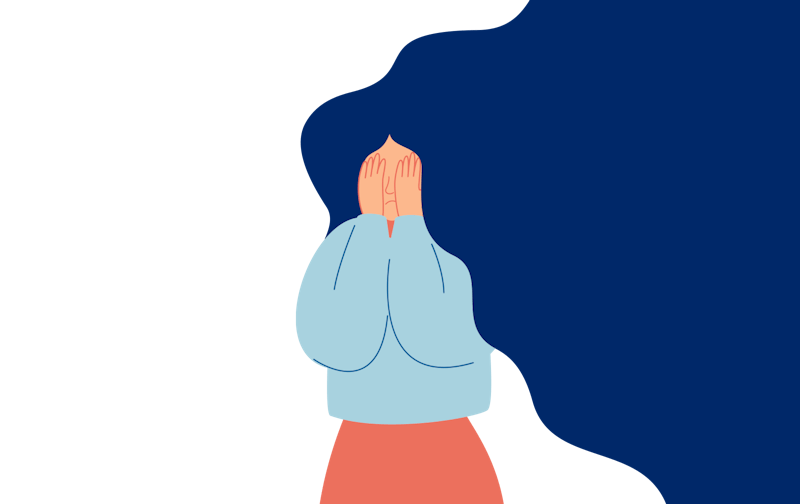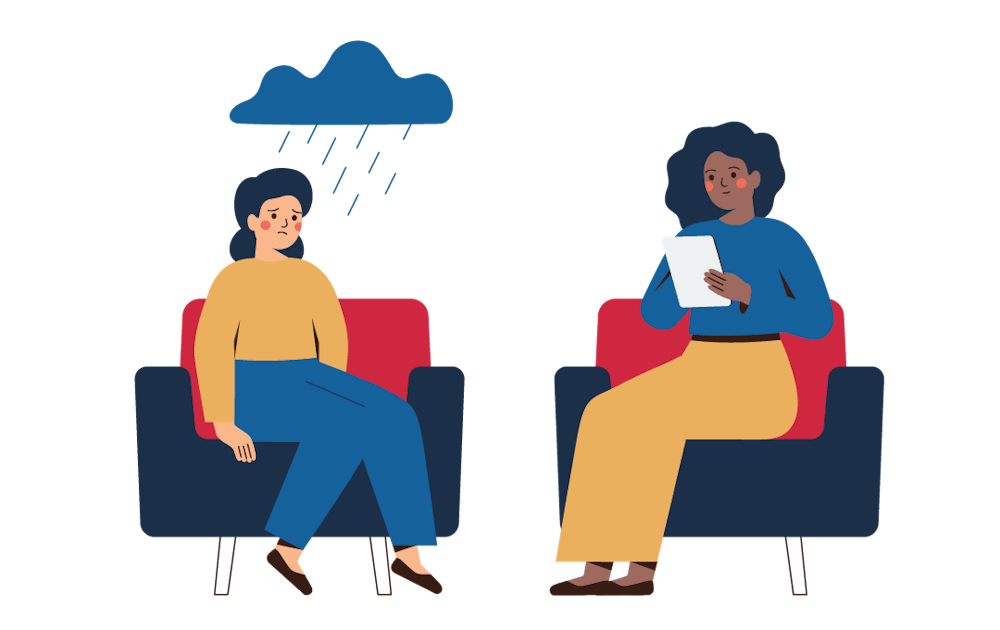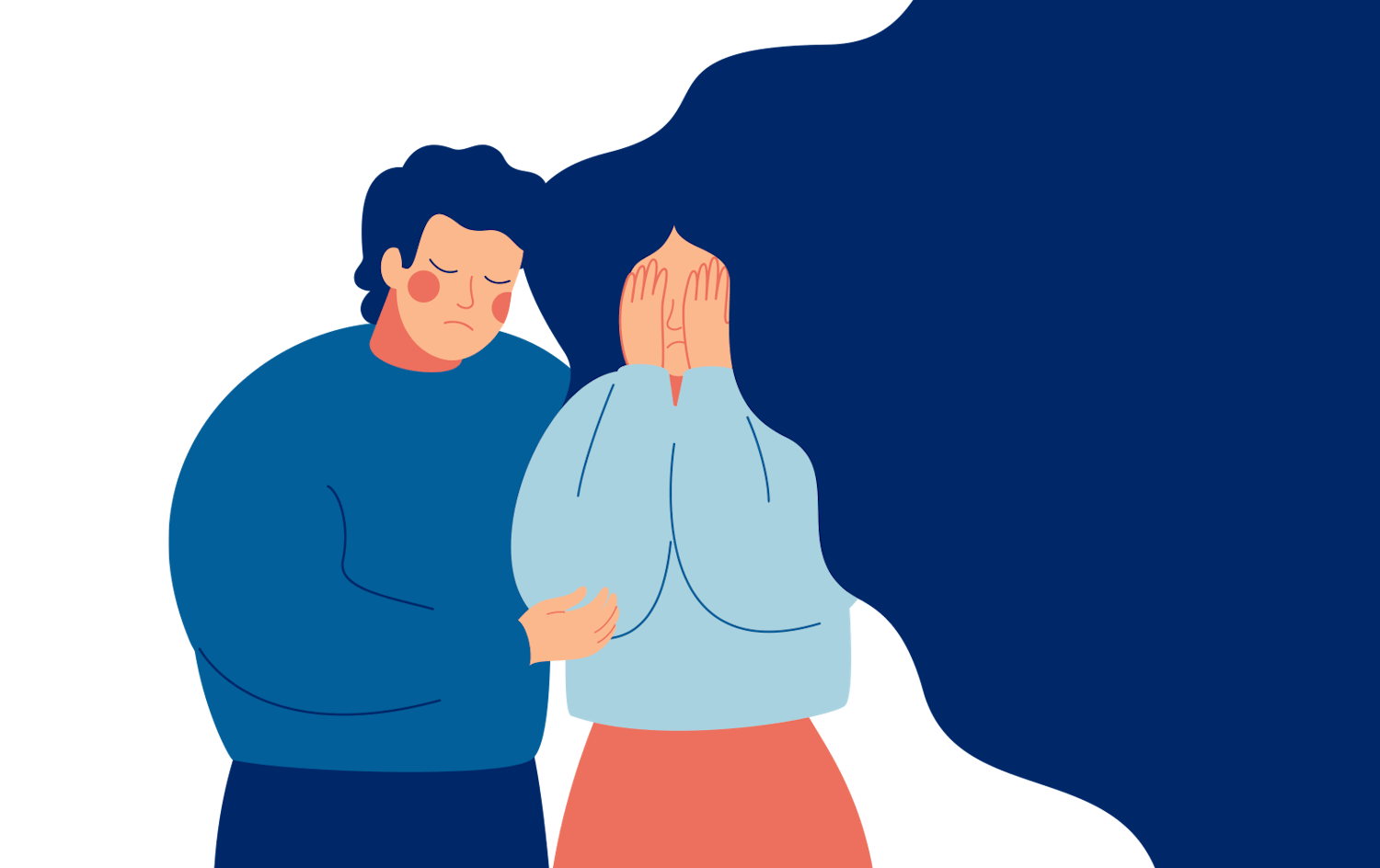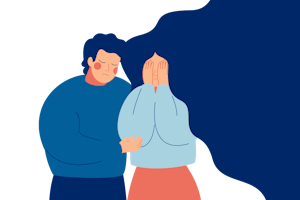When do you need professional help?
In most cases, the condition will improve on its own if you get good support from family and friends. Sometimes, however, more help is needed. If the reactions last for weeks (more than four to six) or worsen over time, it may be time to talk to a specialist.
Below are some examples of when it is right to contact a professional.
Long-term distress
If strong negative emotions or physical symptoms last for several weeks. Especially if they are getting worse rather than improving.
Disruption of daily life
When negative thoughts and feelings are starting to affect your daily life. It can be in work, social interaction, or something else.
Harmful thoughts or behaviours
Self-harm, thoughts of self-harm, or harming others.
Difficulty dealing with memories of the event.
If memories of the event or things that remind you of the event in general cause stress.
Emotional numbness or isolation
Chronic emotional numbness and social isolation. Not finding joy in activities that you used to enjoy.
We can fix so many things in our lives ourselves, but sometimes we need a specialist. Seeking help is a sign of strength.
Talking to an unrelated person about difficult incidents or their feelings is healthy. It can help you understand things better and see them from a different perspective.






